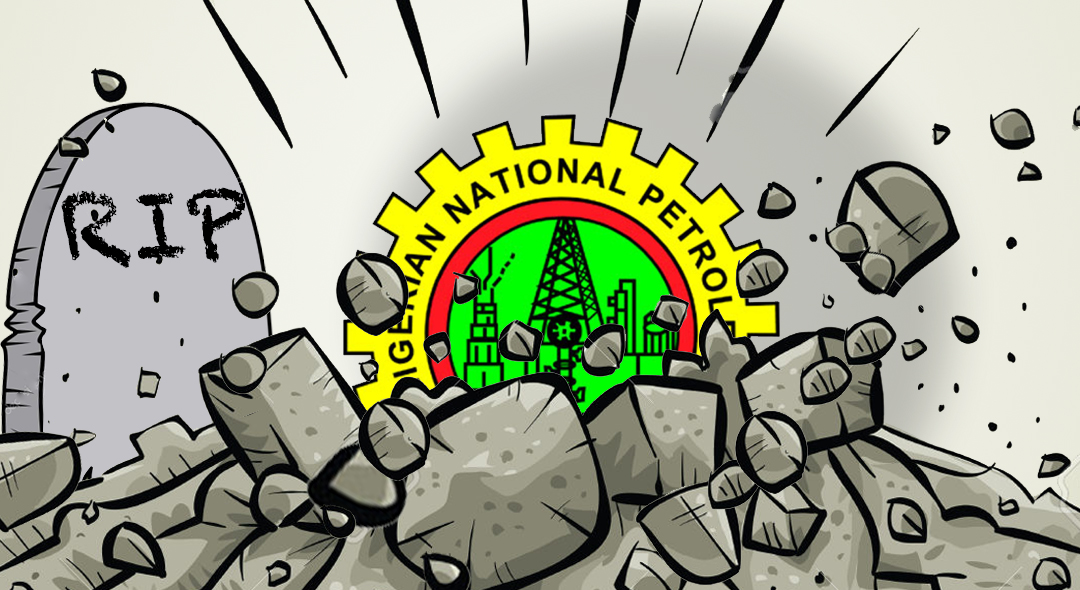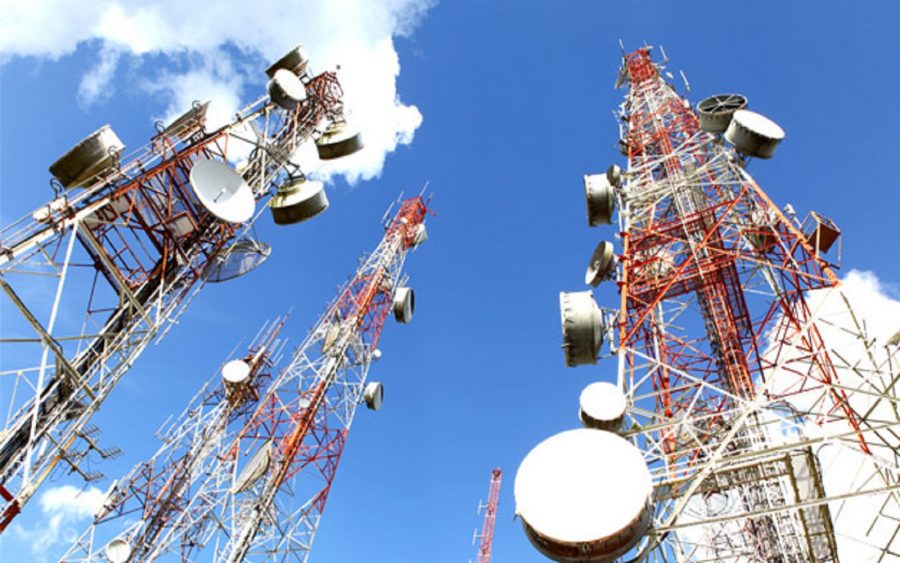The historic passage of the Petroleum Industry Governance Bill (PIGB) by the Senate will effectively end the unhealthy and largely corruptible monopoly of the Nigerian National Petroleum Corporation (NNPC), analysis has shown.
The analysis of the implications of bill published on a website run by consultants to the Senate Committee on Petroleum Resources (Upstream), Downstream Petroleum Sector and Gas Resources, reveals wide ranging and ultimately beneficial changes to the nation’s oil sector.
According to the analysis, Section 4 of the Bill establishes a body to be known as the Nigeria Petroleum Regulatory Commission as the sole regulatory institution for the Nigeria oil and gas industry across the various value chain.
Currently, this role is performed by the Department of Petroleum Resources (DPR) with NNPC influence. This is in addition to a plethora of other agencies regulating certain aspects of the industry. DPR was carved out of the Petroleum Inspectorate Department of NNPC. Some of the issues bedeviling this arrangement has always been the lack of clear and transparent regulatory framework and strong, independent institutions, not to mention interference from NNPC which doubles as a quasi-regulator rather than operating solely as a commercial entity, as well as overlapping of roles by various agencies.
The Bill seeks to create one strong regulatory body which would be responsible for both the technical and commercial aspects of industry regulation. The (new) Commission is expected to assume all the rights, interests, obligations and liabilities of the Petroleum Inspectorate, the DPR, and the Petroleum Products Pricing Regulatory Agency (PPPRA), and would be run by a governing Board drawn from industry experts constituted of a non-executive Chairman, one non-executive Commissioner, a Chief Commissioner, three executive Commissioners (all to be appointed by the President subject to senate confirmation); and one representative each who shall not be below the rank of a director from the Ministry of Petroleum Resources, Ministry responsible for Budgets and Ministry of Environment. The Minister is not required to chair this Board and indeed has limited control over its operations.
The Commission is further expected to establish and maintain a Fund from which all its expenditures shall be defrayed comprising monies derived from National Assembly appropriation, fees charged for services rendered, penalties and fines, grants, loans and other sources of income as specified.
The Commission will however be required to pay into the Federation Account, all monies accruing from upstream leases, bonuses, lease renewal fees, assignment fees and concession rentals. Likewise, all other monies accruing from its activities such as fines and penalties shall be paid into the Consolidated Revenue Fund. This is also in line with the directive given by the President in 2015, requiring all revenue generating agencies to pay all their revenues into the Consolidated Revenue Fund. Agencies are now required to submit budgets for appropriation to meet their expenditure needs annually after their revenue had been remitted.
It would therefore no longer be possible for any agency to first withdraw money for its funding needs from its generated revenue prior to remitting same to government coffers as was the case with NNPC.
Source: http://www.petroleumindustrybill.com



















